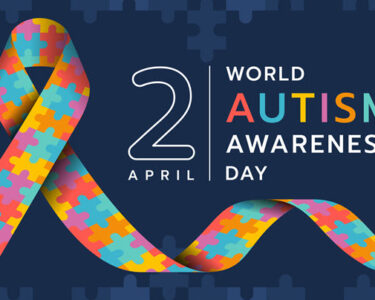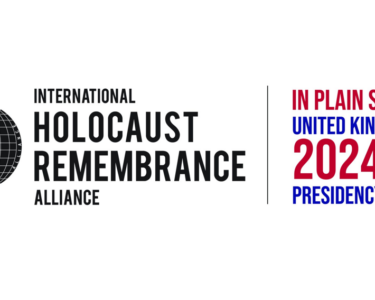2 August marks the anniversary of the genocide of the Roma during World War II. As a member of the UK delegate of IHRA, I am extremely proud to have a place at the table of a working group dedicated to promoting better understanding of the genocide in and through education. You may be interested to read IHRA’s non-legally binding working definition of antigypsyism/anti-Roma discrimination.
Here, the UK’s Post Holocaust Issues Envoy – Lord Eric Pickles who is also Head of the UK IHRA delegation, writes an important blog.
The Porajmos: The Nazi Genocide Forgotten by the world
Today marks the 78th anniversary of the liquidation of the Zigeunerlager (Gypsy Camp) at Auschwitz. A day when 2,897 Roma and Sinti men, women and children were murdered in the gas chambers of the Auschwitz extermination camp.
It is also a day when we remember the hundreds of thousands of Roma who were murdered or died of starvation or disease in other concentration camps across Europe. Many more were imprisoned, used as forced labour or subject to forced sterilisation and medical experimentation.
Last year’s anniversary coincided with the Olympics in Tokyo – many of us will remember the athletes competing in the empty stadiums as the world was gripped by the Covid 19 pandemic. For me, the Tokyo Olympics served as a reminder that 86 years ago the Olympics were held in Berlin in a tense, politically charged atmosphere which led to thousands of Roma and Sinti men, women and children being targeted for persecution and imprisonment, as part of the “clearing of Berlin” before the city hosted the Olympic Games in 1936.
The murder of the Roma is often described as Nazi Germany’s “forgotten” genocide, that is why it is important that we acknowledge that as many as half the Roma population of Europe was erased from existence.
Part of our commitment to remember the Roma victims of Nazi persecution was our adoption in October 2020 alongside 33 member countries of the International Holocaust Remembrance Alliance the non-legally binding working definition of anti-Roma discrimination. The definition acknowledges that the neglect of the genocide of the Roma has contributed to the prejudice and discrimination that many Roma communities still experience today.
As a founding member of IHRA, we recognise the responsibility of societies to remember the genocide of the Roma and to combat anti-Roma discrimination.



